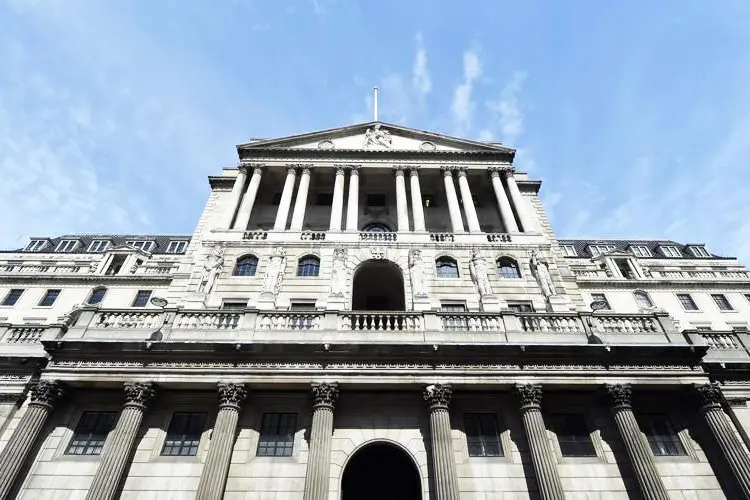PHOTO
British industrial output grew at the slowest pace in over a year in the three months to July, but there are tentative signs that some challenges around inflation and investment are easing, a Confederation of British Industry survey showed on Monday.
The Bank of England's Monetary Policy Committee (MPC) must decide next week whether to speed up the pace of interest rate rises with a rare half-point rate rise to tackle the highest inflation in 40 years.
Surging inflation has driven consumer sentiment to its lowest since records began in the 1970s, but business activity has been slower to weaken.
Monday's CBI Industrial Trends Survey output balance dropped to +6 for July from +19 in April, its lowest since the three months to April 2021 but still above its long-run average of +2.
"The manufacturing sector has been an economic bright spot in recent months, but output and orders have softened amid ongoing cost pressures, supply challenges and a generalised weakening in economic conditions both in the UK and globally," CBI deputy chief economist Anna Leach said.
The monthly CBI industrial orders balance dropped to +8 from +18, its lowest since October but above its long-run average of -13,
Quarterly inflation expectations - a key concern for the BoE as it judges how long high inflation will last - dropped sharply to +48 from April's record high of +71.
A wider CBI measure of manufacturers' optimism improved from a two-year low touched in April but remained below average at -21.
"The combination of flat-lining demand and slowing price growth in the manufacturing sector therefore strengthens the case for expecting the MPC to stick to 25 basis-point hikes at its two meetings in Q3, rather than jumping to 50 basis-point hikes," Pantheon Macroeconomics's Gabriella Dickens said.
Investment intentions picked up and are now at or above their long-term average as businesses sought to expand capacity. Uncertainty about demand was cited as being less likely to limit expansion than any time since 1989.
BoE policymakers have been gloomy about Britain's medium- to long-term ability to meet economic demand, in part because of low investment by international standards. Without higher investment and productivity, higher interest rates may be needed to keep inflation in check, even with limited growth. (Reporting by David Milliken Editing by William Schomberg)
Reuters





















